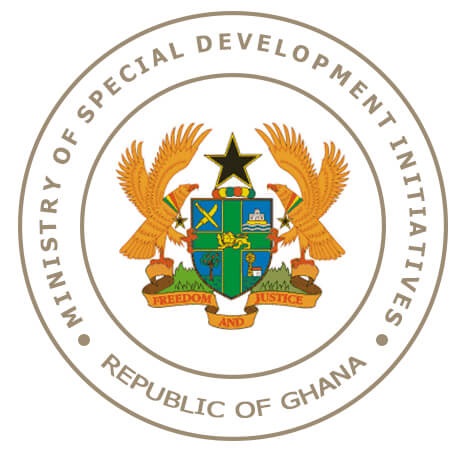
Project funded with oil money does not exist — PIAC
A rural market project at Otu-Kwadjo in the Nsawam Adoagyiri Constituency in the Eastern Region, which was supposed to have been funded and executed with petroleum revenue, does not exist at the specified community.
It is in spite of information made available to the Public Interest and Accountability Committee (PIAC) by the Ministry of Finance (MoF) that the project has been fully completed at Otu-Kwadjo.
The cost of the project, which includes a storage facility and mechanised boreholes, is GH¢920,354; out of which GH¢190,707 was sourced from the annual budget funding amount (ABFA).
The contract was awarded through the Ministry of Special Development Initiatives (MSDI) to Basham Company Limited (BCL) on January 29, 2019 and was expected to be completed after six months.
Project inspection
However, an inspection by PIAC to Otu-Kwadjo on Friday, February 11 showed that a project of such nature did not exist in the community; the market, storage and boreholes were not found.
The only borehole project found in that community, the residents said, was built through community efforts several years ago before the MSDI contract was awarded.
Officials of the Nsawam Adoagyiri Municipal Assembly, who joined the inspection, suggested that perhaps it was not Otu-Kwadjo as provided by MoF rather another community called Kojo Electoral Area in the same municipality.
Consequently, the PIAC inspection team visited the Kojo Electoral Area where a market project with similar description was found, yet without boreholes, toilet facilities or electricity.
The project, which has been reported to be fully completed and handed over, had an empty water tank mounted, the sheds were not occupied, yet those allocated were redeveloping them to suit their needs.
Lack of involvement
Speaking to the Daily Graphic, a member of PIAC, Alhaji Suleman Anderson, who led a delegation, expressed worry about the lack of involvement of communities and beneficiary institutions in the project selection and/or implementation, making tracking and demand for accountability difficult.
“We took pains to go to Otu-Kwadjo. When we went there, we could not trace any project of such nature, we could not find the market or boreholes.
“What we have found with regards to the market project at Otu-Kwadjo or Kojo Electoral Area is disappointing and we think that going forward the government in siting project anywhere must liaise with the municipality or the district assembly to properly assess their needs and also make them part of the process when awarding the contract so that they can be part of the supervision.
“The situation where the project is ongoing and the supervisor sits in the city, has no idea of what is happening on the ground and yet sits in his office and certified that the project has been done and handed over must stop,” he said.
According to him, that was not appropriate for proper development and for value for money on projects funded by the government.
“And so, we think the government must revisit the processes of awarding contracts and change it for the better.
“We do not think this type of contract should be awarded from Accra, where people in the localities or the beneficiaries have no idea,” he said.
Alhaji Anderson said the PIAC would send a special report to the Presidency and Parliament to inform them officially on the discrepancies in the market project at Otu-Kwadjo and Kojo Electoral Area.
Decline comment
Efforts by the paper to speak with officials of the assembly were unsuccessful as municipal officers who accompanied the team on the inspection tour declined to comment on the issue.
Project lacks amenities
The Assembly Member of Kojo Electoral Area, Mr Albert Aboagye Tano, in an interview with the paper, said the residents were not informed that the market project was built with funds from the flagship one million per constituency initiative of the government.

